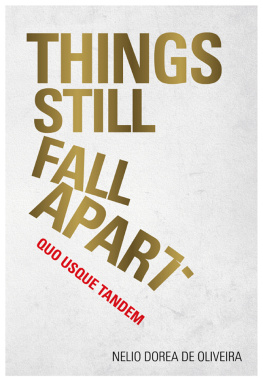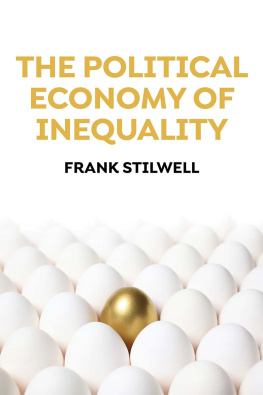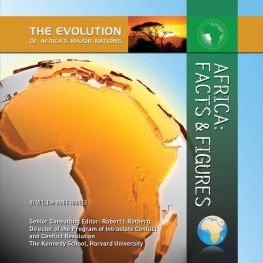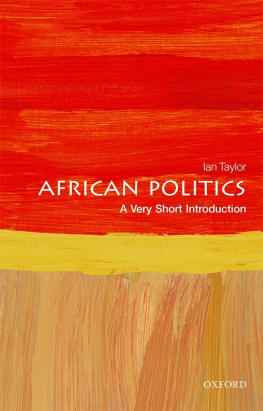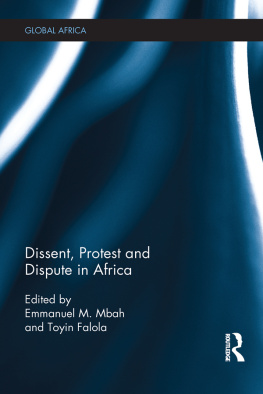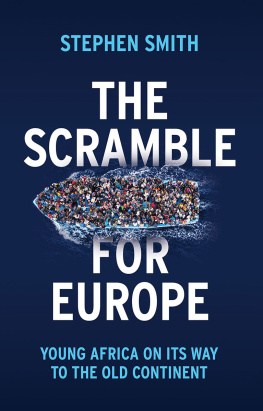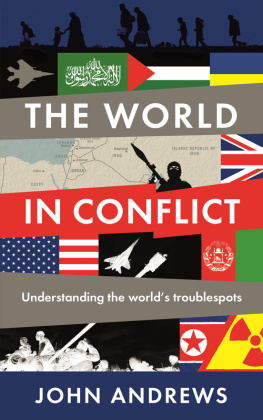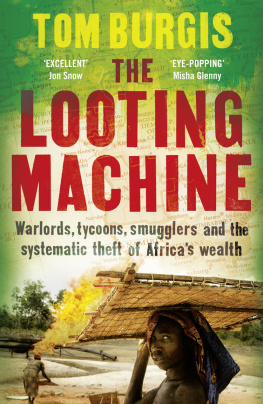

First published 2022
Copyright Nelio Dorea De Oliveira 2022
The right of Nelio Dorea De Oliveira to be identified as the author of this work has been asserted in accordance with the Copyright, Designs & Patents Act 1988.
All rights reserved. No part of this book may be reproduced, stored in a retrieval system, or transmitted in any form or by any means, electronic, electrostatic, magnetic tape, mechanical, photocopying, recording or otherwise, without the written permission of the copyright holder.
Publishing by The Self-Publishing Partnership Ltd, 10b Greenway Farm,
Bath Rd, Wick, nr. Bath BS30 5RL
www.selfpublishingpartnership.co.uk

ISBN printed book: 978-1-83952-440-0
ISBN e-book: 978-1-83952-441-7
Cover design by Kevin Rylands
Internal design by Andrew Easton
Printed and bound in the UK
This book is printed on FSC certified paper


In homage to Chinua Achebes Things Fall Apart
Achebe acknowledges the origins of his title as coming
from
The Second Coming by William Butler Yeats:
Turning and turning in the widening gyre
The falcon cannot hear the falconer;
Things fall apart; the centre cannot hold;
Mere anarchy is loosed upon the world,
The blood-dimmed tide is loosed, and everywhere
The ceremony of innocence is drowned;
The best lack all conviction, while the worst
Are full of passionate intensity.
*******
Quo usque tandem abutere, Catilina, patientia nostra?: How long, Catiline, will you abuse our patience?
Latin quotation; this sentence is the first of the discourses of the Roman Cicero against Catiline in 63 BC. The phrase is used to this day, when one wants to manifest impatience, disapproval of a fact or attitude that persists, despite being absurd, in the face of a reality that cannot be ignored.
Translation by Nelia Padilha
I have had the pleasure of inviting two experts to contribute with their specific fields to this book:
Dr Lawal Umar Former ADB Principal Livestock Expert, Nigeria
Chenedu Innocent Okafor Writer and Publisher, Nigeria.
This book is dedicated to
my parents and my wife
ACKNOWLEDGEMENTS
Thanks to Hillel Ticktin, my mentor and friend.
I would also like to thank to Dr Paul Thomas and Nelia Padilha for the incentive they provided to write this book.
Im grateful to Frances Prior-Reeves for her work on the manuscript.
I should also thank the following friends and colleagues who read the draft and provided comments:
Paulo de Moraes Farias, Rogerio Silva de Matos, Linda de Souza, Chinedu Okafor, Umar Lawal, Adriena Nunes-Hanel, Angela Mendes de Almeida, Anna de Oliveira, Trudy de Oliveira, Joe Gebra, Gordon Smith, Inigo e Bego Garayalde, Jonathan Bloch, and Ian Smith.
FOREWORD
Africa is a large and much diversified continent, forgotten by the rest of the world.
It is the size of 1. USA, 2. China, 3. India, 4. Eastern Europe, 5. Germany, 6. Italy, 7. France, 8. Spain, 9. Japan, 10. Portugal, 11. Belgium, 12. Holland, 13. Switzerland and 14. UK (the size of Madagascar), all taken together.
Africas 1.3 billion people are sparsely distributed on the land.
However, despite all this potential land, mineral, forests, water and people, Africa has only 1% of the value of the worlds wealth.
This short book is about this paradox.
Because of the size and diversity, its difficult to write about Africa. So, my book is focused on some African issues that I have witnessed in different parts of the continent.
Also, I think that the world doesnt know enough about the continent. In this book, I hope to share as much information as possible to make people aware of the continents reality.
My narrative is eclectic, covering my favourite themes, including lesser-known issues and some surprises. As all the social issues are linked, I included in the following essays themes outside Africa and also in different areas of knowledge.
I could only write this because I have worked for the African Development Bank, as an economist, for 17 years. Travelling and meeting different people enlarged my knowledge of African human problems. After retiring from the Bank in 2004, I have continued travelling to the continent, doing research and teaching.
Re-evaluating historical facts and assessing the main actors intervening in Africa are the main objectives of this book. To describe the actors and events faithfully, I present many quotations, as Ive tried to reproduce the narratives of the original writers as closely as possible.
By the end of the book, the evidence and my interpretation of the facts that I have witnessed on the terrain should provide, I hope, a more realistic view of the suffering of the poor. It may help to build a new agenda for Africa.
It has been a solitary endeavour. Im happy with the results. I hope that the readers will continue the task of rediscovering Africa and improving the life of the poor.
CONTENTS
THING STILL FALL APART.
QUO USQUE TANDEM?
I THE DEPART TO AFRICA
A man lives again through his children, the tree he planted, the words he has uttered
Massongo oral tradition
This book is about the memories of my activities in Africa, while working as an economist at the African Development Bank, in conjunction with the World Bank and the International Monetary Fund, during the period of 1987-2004.
After retiring in 2004, I have consulted with the UNDP, the AfDB, Goldman & Sachs, some consultancies and taught at the University of Tunis. Also, I have continued my research on poverty in Africa.
WHY AFRICA MATTERS TO ME
Africa is a complex continent in slow transition to a possible better human condition. It has political diversity, 54 countries, over 3,000 different ethnic groups/cultures, and immense untapped wealth. In addition, it has many conflicts and too many foreign interventions. All this makes it difficult to assess its direction.
Despite the immensity of the continent and its problems, Im going to focus only on my activities during the 17 years that Ive lived there, in Cte dIvoire and Tunisia, with my family. Ive worked in about a dozen countries and visited many.
In 2021, about half a billion of the African people are still living in extreme poverty, or 36% of the population. This book will attempt to explain it and investigate what can be done.
I have always been intrigued by the continents human and ecological vulnerability.
During my work as an economist, teaching and researching, Ive realised that many African historical narratives need to be revisited. The following essays are the results of investigative research and working in the field with a number of local and international organisations.
However, what has given me great pleasure, and taught me the most, was the contact with ordinary people, of all ages and origins, in different African cultures.
The essays present diversified scenarios, mostly focused on the suffering of the African poor. The books genesis is my dissatisfaction with the way in which national governments, international organisations, multinationals and some countries treat the ordinary African people.
Next page
